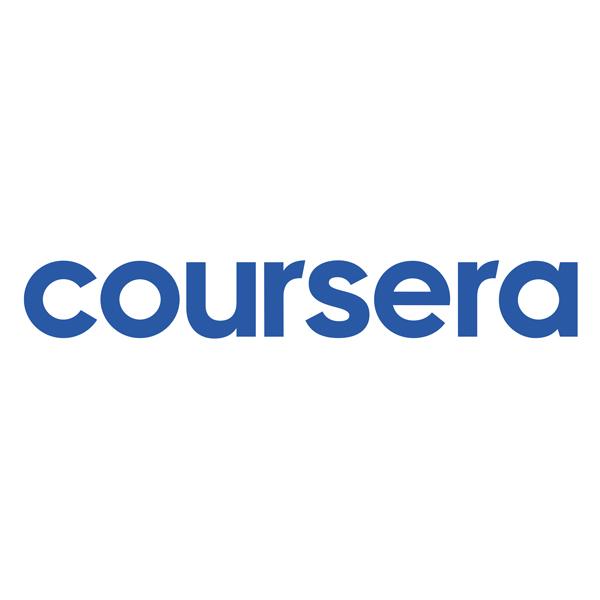
Maximising graduate employability in APAC through artificial intelligence
The widespread adoption of artificial intelligence (AI) is transforming jobs and workplaces. As a result, universities must continue to adapt to the digital world and equip graduates with the skills to thrive in rapidly changing professional environments.
A Times Higher Education webinar, held in partnership with Coursera, brought together a panel of experts from industry and academia in the APAC region to discuss the necessary steps universities must take to adapt to technological advancements in AI.
Bibin Shivas, director of customer success at Coursera, suggested that a tutorial-based approach is ideal for improving learning outcomes. However, adopting this approach at scale presents a challenge for most higher education institutions. “We have always struggled with driving a one-to-one tutoring-based approach at scale,” Shivas said.
Enhancing student engagement using AI is a strategy Coursera has adopted to offer personalised, interactive learning. This new feature helps educators by offering AI-assisted course building that combines their own academic expertise with Coursera’s repository of courses.
A poll conducted during the webinar revealed that fewer than half of the participants have embraced AI tools, pointing to a slow rate of adoption across institutions. The panel agreed that this could be attributed to the sense of fear and hesitation around AI tools, which are viewed by some as a threat to job security and academic integrity.
“A lot of the initial conversations around generative AI have been hovering around academic integrity,” said Shivas. This is exacerbated by the fact that, without adequate training, university staff might feel less confident in using such tools.
Miras Daulenov, president of Narxoz University in Kazakhstan, said that the university is drafting comprehensive policies and regulations to guide students and university staff to utilise AI tools responsibly. The university is making efforts to ensure that all cohorts of learners have equitable access to these tools and is also integrating AI to modernise existing assessment models.
The surge in AI applications can enable universities to implement new forms of modern assessment, such as multimodal and authentic assessments. This helps universities develop a holistic approach to assessing students’ academic progress, said Glendora V. Tiu, director of academic internship and placement at the National University in the Philippines.
Myrza Karimov, head of cooperative education at the University of Central Asia, explained that his university provides specialised training tailored to students and teachers by using courses offered by Coursera. The objective is to not only encourage students to deepen their understanding and use of AI but also to support teaching staff to modernise pedagogical methods.
According to the panel, the best way to integrate AI and industry-aligned content into modern curricula is to treat industry partners as educators. “That’s truly the world of convergence that we are seeing, where industry and universities are no longer on parallel tracks, especially with outcome-based education. And industry partners are very keen to work with higher education institutions,” Shivas concluded.
The panel:
- Miras Daulenov, president, Narxoz University
- Myrza Karimov, head of cooperative education, University of Central Asia
- Alistair Lawrence, head of branded content, Times Higher Education (chair)
- Bibin Shivas, director of customer success, Coursera
- Glendora V. Tiu, director of academic internship and placement office, National University, Manila
Watch the webinar on demand above or on the THE Connect YouTube channel.

